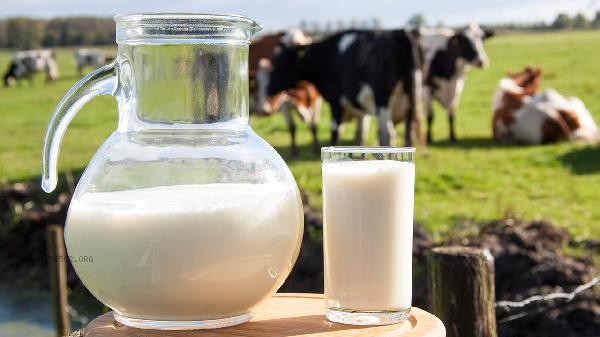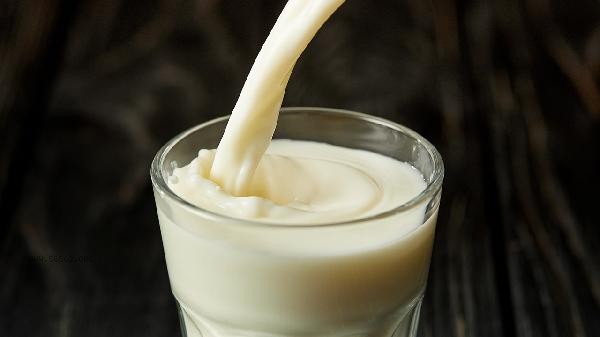Skimmed milk is suitable for people who need to control their fat intake, mainly including weight managers, cardiovascular disease patients, hyperlipidemia individuals, lactose intolerant individuals, and fitness and muscle building individuals.

1. Weight Manager
Skimmed milk has lower fat content and calories than whole milk, making it suitable for people who are trying to lose weight or control their weight. It retains the high-quality protein and calcium in milk, which can help maintain satiety and avoid nutritional deficiencies caused by dieting. However, it should be noted that skim milk has a lighter taste and may affect the drinking experience.
2. Cardiovascular disease patients
Skimmed milk contains almost no saturated fatty acids, which can reduce cholesterol intake and help prevent arteriosclerosis to some extent. Suitable as a daily dairy product choice for patients with hypertension and coronary heart disease, but it should be accompanied by a low salt diet. When drinking, it is recommended to choose skim milk that is fortified with vitamin D to promote calcium absorption.
3. People with high blood lipids
Drinking skim milk can reduce dietary fat burden for those with high cholesterol or triglycerides. The whey protein it contains helps regulate blood lipid metabolism, but it is important to control the daily intake within 300 milliliters. Those with diabetes should choose sugar free skim milk.

4. Lactose intolerant individuals
Some lactose intolerant individuals have better tolerance to skim milk because its lactose content is slightly lower than that of whole milk. You can choose to add lactase to skim milk products or drink them in small portions. If you experience bloating and diarrhea, you should stop drinking and consult [SEP]. 5. Fitness and muscle building population
Skimmed milk provides high-quality protein and is almost fat free, suitable for supplementation before and after fitness. The balanced ratio of whey protein and casein can promote muscle synthesis. It is recommended to consume carbohydrates to improve protein utilization, and supplementing within 30 minutes after exercise is more effective.
When choosing skim milk, attention should be paid to checking the nutrition chart to ensure the fortified addition of calcium and vitamin D. The general healthy population does not need to deliberately choose skim milk, as the natural milk fat in whole milk contains fat soluble vitamins and has a stronger sense of satiety. Special populations should ensure a balanced diet while drinking skim milk, and can supplement healthy fats with nuts. The recommended daily intake of dairy products is 300-500 milliliters, as excessive consumption may increase the burden on the kidneys. Individuals with special health conditions should develop personalized milk drinking plans under the guidance of nutritionists.









Comments (0)
Leave a Comment
No comments yet
Be the first to share your thoughts!